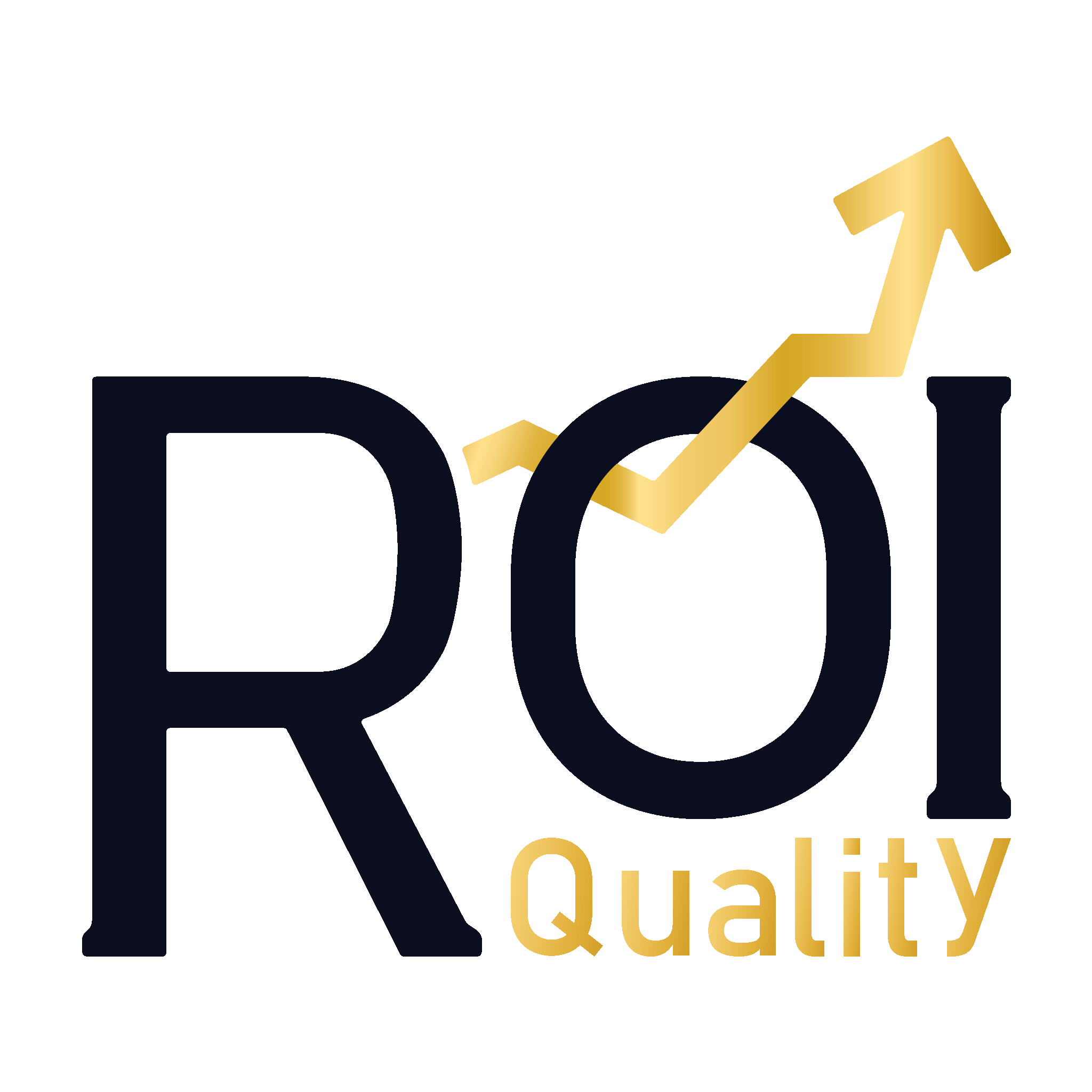
- Why Healthcare Needs ROI-Quality
- What We Offer
- Solutions For
- Supporting Your Org.
- Surveyors
- Resources
- Our Story
- Accrediation Standards HUB
- Why Healthcare Needs ROI-Quality
- What We Offer
- Solutions For
- Supporting Your Org.
- Surveyors
- Resources
- Our Story
- Accrediation Standards HUB